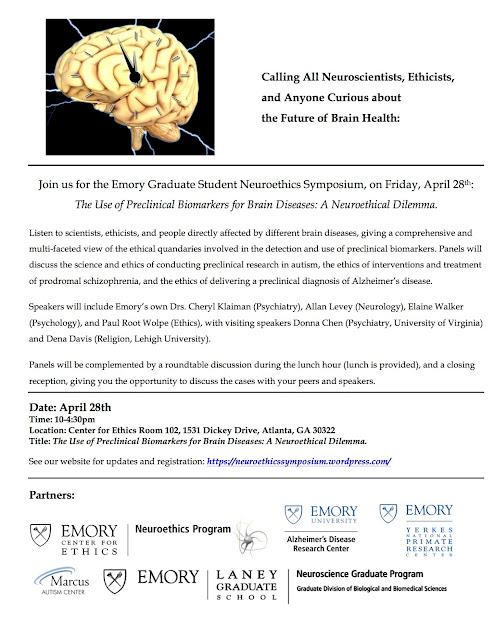Neuroethics in the News Recap: Psychosis, Unshared Reality, or Clairaudiance?

By Nathan Ahlgrim Even computer programs, like DeepDream, hallucinate. Courtesy of Wikimedia Commons . Experiencing hallucinations is one of the most sure-fire ways to be labeled with one of the most derogatory of words: “crazy.” Hearing voices that no one else can hear is a popular laugh line (look no further than Phoebe in Friends ), but it can be a serious and distressing symptom of schizophrenia and other incapacitating disorders. Anderson Cooper demonstrated the seriousness of the issue, finding the most mundane of tasks nearly impossible as he lived a day immersed in simulated hallucinations. Psychotic symptoms are less frequently the butt of jokes with increasing visibility and sensitivity, but people with schizophrenia and others who hear voices are still victims of stigma . Of course, people with schizophrenia deserve to be treated like patients in the mental healthcare system to ease their suffering and manage their symptoms, but there is a population who are at peace w...




